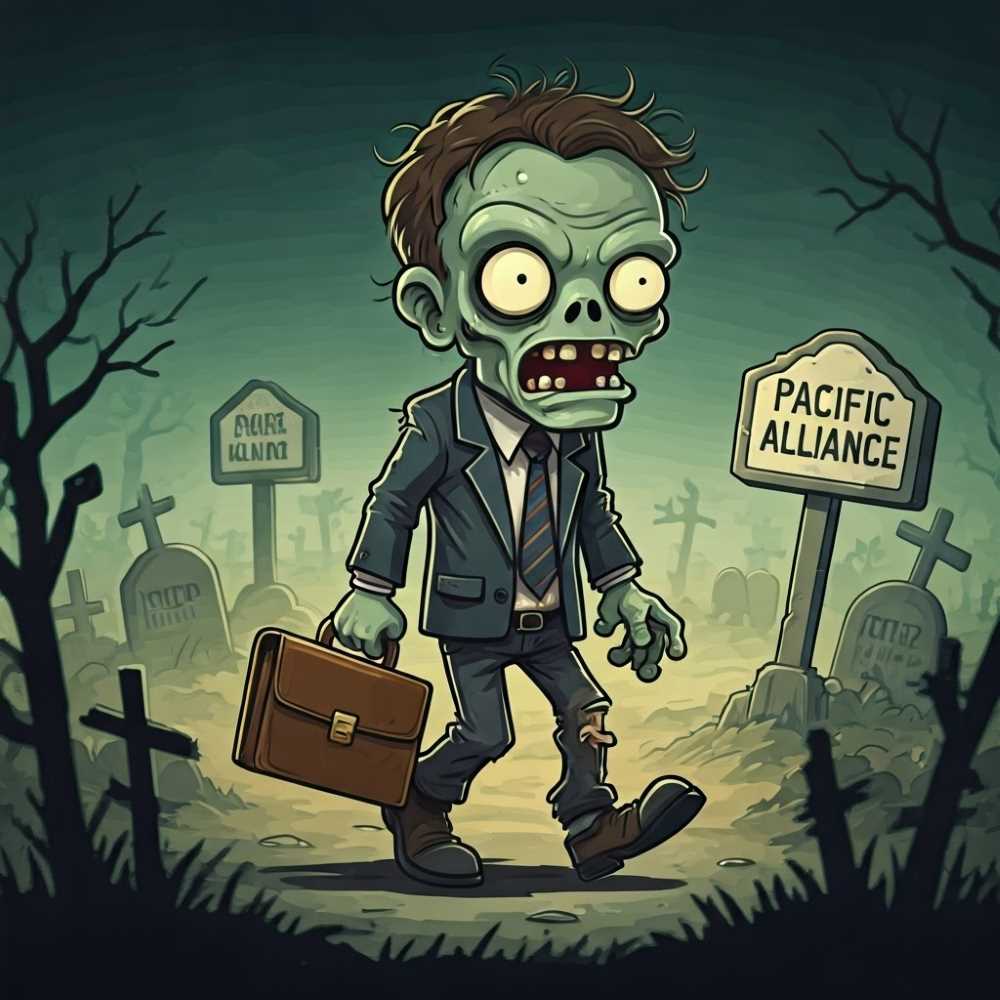The Zombie of Latin American Regionalism: Why It Won't Die
Latin American regionalism is in crisis. Despite efforts to create unified markets through organizations like Mercosur and the Pacific Alliance, progress has been hindered by internal conflicts, external factors like the pandemic, and a lack of political will.

Now, let’s talk about something that's an even bigger mess than a family holiday—Latin American regionalism. Yes, you read that right. It's like watching a soap opera where nothing ever gets resolved. You tune in, hoping for some kind of grand union, a happy ending where everyone gets along, and instead, you're left with squabbling countries, shattered alliances, and economic blocs that are about as sturdy as a house of cards in a hurricane. It’s tragic. It’s farcical. It’s... well, a bit like trying to park in central London.
So, what was the big idea? Well, there were these ambitious dreams. Think Mercosur, the Managua Treaty, the Pacific Alliance—names that sound more like secret spy organizations than actual economic agreements. These were supposed to turn Latin America into an economic powerhouse, a united front that could take on the world.




